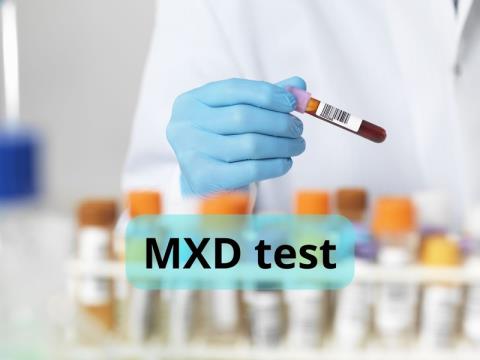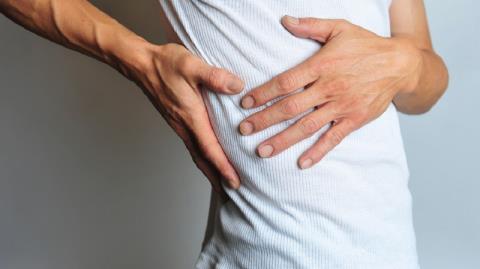Wolff-Parkinson-White (WPW) syndrome is a type of heart rhythm disorder characterized by abnormally fast heartbeats that occur over a short period of time. The incidence of this disease is about 1-3/1000 people and can be life-threatening if accompanied by atrial fibrillation. To learn more about WPW syndrome, please refer to the following article of SignsSymptomsList.
In Wolff-Parkinson-White (WPW) syndrome, conduction from the atria to the ventricles passes through accessory pathways. If atrial fibrillation occurs, this is an emergency because a very rapid ventricular rate can occur. What are the common symptoms of WPW syndrome? Let's find out right away this syndrome through the following article.
What is WPW syndrome?
Before learning the signs to recognize WPW syndrome, you should also learn what is WPW syndrome? Wolff-Parkinson-White (WPW) syndrome is a syndrome that occurs when an extra conduction pathway between the upper and lower chambers of the heart causes tachycardia. Although tachycardia is not usually life-threatening, serious heart problems can occur. Treatment can help stop or prevent episodes of tachycardia.
In fact, most patients with this accessory pathway do not have tachycardia. This phenomenon, known as the Wolff - Parkinson - White model, is often discovered by accident when the patient goes to the doctor. Although Wolff - Parkinson - White syndrome is usually harmless, experts and specialists still recommend assessing the cardiovascular health of children with Wolff - Parkinson - White syndrome participating in sports High strength to ensure the safety of children.
 WPW syndrome is a syndrome that causes a rapid heartbeat
WPW syndrome is a syndrome that causes a rapid heartbeat
WPW syndrome is mainly idiopathic and is more common in patients with certain cardiovascular diseases such as hypertrophic cardiomyopathy, some other forms of myocardium, transposition of the great vessels, Epstein's disease... Yes 2 The main forms of Wolff - Parkinson - White syndrome, which are:
- Classic WPW syndrome.
- Hidden WPW syndrome.
Common symptoms of WPW . syndrome
If you have symptomatic WPW syndrome, you may feel your heart beat fast before it suddenly slows down. These abnormally fast heartbeats are called supraventricular tachycardia (SVT). In addition, some common signs and symptoms of Wolff - Parkinson - White syndrome include:
- Feeling of a sudden, rapid, fluttering or pounding heartbeat (palpitations).
- Dizziness, dizziness , head spinning.
- Tired, lethargic.
- Shortness of breath.
- May faint.
- Feelings of nervousness, anxiety, stress.
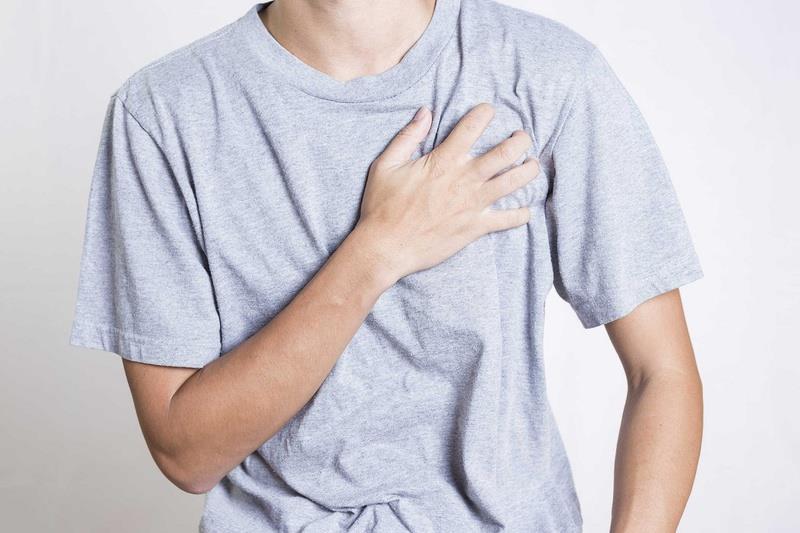 Feelings of nervousness, anxiety, and palpitations are common signs of WPW syndrome
Feelings of nervousness, anxiety, and palpitations are common signs of WPW syndrome
A bout of tachycardia can start suddenly and last a few seconds or even hours. These episodes of tachycardia can occur during exercise or at rest. Stimulants such as alcohol, beer, caffeine ... can cause tachycardia. In some more severe cases, patients with Wolff - Parkinson - White syndrome may experience:
- Chest pain.
- Chest tightness.
- Difficulty breathing a lot.
- Faint.
In addition, you may experience other symptoms not mentioned above. If you have any other unusual signs of the disease, go to the doctor and get advice from a specialist.
Diagnosis of Wolff - Parkinson - White syndrome
When visiting medical facilities, specialists will collect information about the disease through asking the patient and directly examining the patient. After that, the patient will be assigned to perform some other paraclinical tests such as:
- Electrocardiogram (ECG): Small sensors will be attached to the chest and limbs to record heart signals as they pass through the person's heart.
- Hand-held ECG: The use of hand-held ECG devices at home helps patients monitor and provide necessary information about their heart rhythms to doctors. A Holter monitor records the patient's heart activity for 24 hours. The Holter machine will record the patient's entire heart activity, especially when the patient experiences symptoms of tachycardia.
- Electrophysiological testing: Electrodes are capable of mapping with high accuracy the propagation of electrical impulses during each heartbeat while identifying additional electrical pathways.
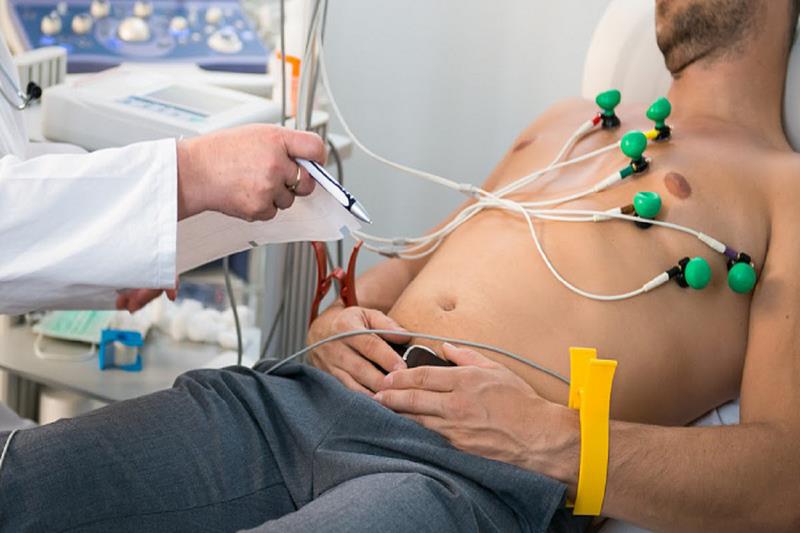 Electrocardiogram (ECG) is one of the tests used in the diagnosis of WPW . syndrome
Electrocardiogram (ECG) is one of the tests used in the diagnosis of WPW . syndrome
Treatment of Wolff - Parkinson - White syndrome
In many cases, there is no obvious disease, Wolff - Parkinson - White syndrome is harmless, if the onset is short and stable, most do not need treatment. In case, the symptoms of the disease appear with a more frequent and severe level, the patient should be monitored and treated early to avoid more dangerous complications.
The goals of treatment for Wolff - Parkinson - White syndrome include: Stopping supraventricular tachycardia and preventing future episodes of tachycardia.
Stop supraventricular tachycardia
Currently, there are 3 main methods used in the treatment of supraventricular tachycardia due to Wolff - Parkinson - White syndrome including:
- Vagal exercise: With this exercise, the patient will take a deep breath, close his nose, close his mouth and try to exhale as hard as he can: This exercise will stimulate the vagus nerve (X wire) and make slows down the electrical signals of the heart, causing the heart to beat slower.
- Medication: Adenosine is a drug commonly used when patients are treated at the hospital, when Vagal exercises have no effect.
- Cardiogenic shock: Doctors use an electric shock to remove the disturbed electrical signals from the heart.
Preventing recurrent supraventricular tachycardia
To prevent recurrent episodes of supraventricular tachycardia caused by Wolff-Parkinson-White syndrome, patients should do the following:
- Lifestyle changes: Limiting alcohol consumption, exercising in moderation will contribute to limiting supraventricular tachycardia.
- Take medicine as ordered: Antiarrhythmic drugs such as amiodarone work to prevent recurrent episodes of tachycardia because they slow the electrical impulses in the heart.
- Electrocautery with high-frequency energy: This is a modern method, which eliminates the congenital accessory connection in the heart, and is effective in about 95% of cases of Wolff - Parkinson - White syndrome.
 Regular exercise helps prevent supraventricular tachycardia
Regular exercise helps prevent supraventricular tachycardia
Hopefully, the above article has provided you with useful knowledge about WPW syndrome as well as knowing the common signs of the disease, thereby planning a timely and effective examination and treatment. If you have any questions about this syndrome, please consult a specialist. Wish you good health and don't forget to follow the next articles of SignsSymptomsList!

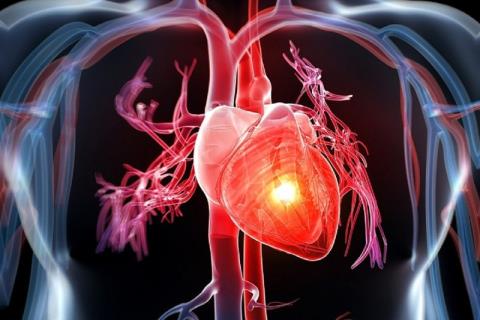
 WPW syndrome is a syndrome that causes a rapid heartbeat
WPW syndrome is a syndrome that causes a rapid heartbeat Feelings of nervousness, anxiety, and palpitations are common signs of WPW syndrome
Feelings of nervousness, anxiety, and palpitations are common signs of WPW syndrome Electrocardiogram (ECG) is one of the tests used in the diagnosis of WPW . syndrome
Electrocardiogram (ECG) is one of the tests used in the diagnosis of WPW . syndrome  Regular exercise helps prevent supraventricular tachycardia
Regular exercise helps prevent supraventricular tachycardia



